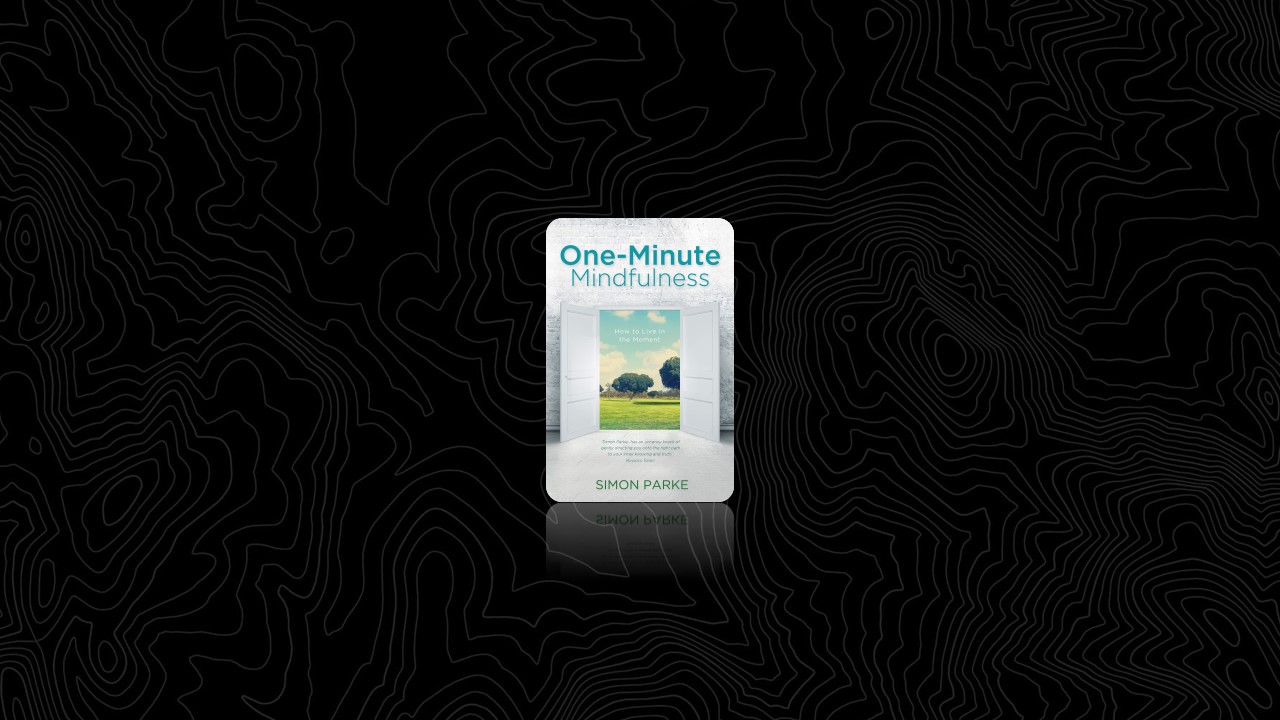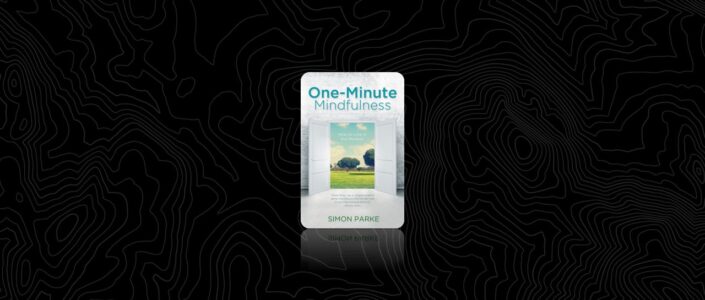Becoming Simple
Perhaps it is a strange place to start, but let there be something of the unborn in us today; for there, in that fragility, is our essence – eternal and undying.
Trapped momentarily in time, we can lose touch with our essence and become children of multiplicity and distraction. We obsess over scraps of knowledge; we seek mastery of many things and worship broken images of truth.
Unborn, we were not so distracted but simple and without boundaries.
So, today, we take into our born lives something of the unborn. Into our multiplicity, we take simplicity; and into the world of competitive knowledge, we take poverty of knowing.
Today we take the deep unknowing of the unborn.
Becoming Aware
A state of being is a place, yes?
Physically, most people like to live in nice homes and in a good part of town. This is their chosen place and, perhaps, they succeed in getting the right address and feel rather proud of their achievement.
But it’s a meaningless address in so many ways; for their state of being is where they truly live.
If, for instance, someone’s mental activity consists of resentment; or holding others to account; or feeling upset by every life event or disillusionment – then, wherever they live physically, psychologically they live in the narrowest and darkest of streets, in filth and squalor.
So if your state of being is a place, what’s your address? Be mindful of this today.
Becoming Present
Breathing exercises are a simple and profound way into mindfulness because they gift us with the present. Wherever our thoughts or emotions may be taking us, backward or forward in time, our breathing is refreshingly present and invites us to join it there.
You could notice your breathing now. As you count each breath in and each breath out, you are inwardly strengthened, simply by the return of your being to the present. The present is nourishing because it’s where you’re meant to be; it’s like putting a plant in sunlight.
As you breathe in and out, distractions will appear; one thought after another will try to snatch you from the present. Note each distraction kindly, however many there are; and return each time to your breathing; to being present, to being strengthened – to being conscious.
Becoming Trust
Mindfulness meditation is the art of fearless detection; the clues are in our present experience.
Perhaps you wake at night, troubled. It takes you a moment to realize that unresolved feelings have disturbed you. Becoming aware of this, you focus on your breathing, with an enquiring spirit. What is happening now? How is the trouble revealing itself in my body and mind?
You may be tempted to leave the scene and escape the investigation, by opting for a secondary pursuit, like turning on the telly or reading for a while. If, however, you’re able to stay with the feeling, you can use your breath to become present.
It may be that you now recognize the source of this inner disturbance; an anger, perhaps, or sadness or fear. Whatever it is, you are simply breathing with what is happening, almost in solidarity.
You are allowing the feeling and breathing with it. It has only woken you because it thought it wasn’t allowed…
Becoming Impermanent
As we sit, we become aware of the different aspects of our present existence. We become aware, for instance, of our body, our feelings and our perceptions.
Perhaps we also discern the intentions and dispositions, which colour our mindscape; and sometimes, emerging from this mixed bag, there is consciousness.
We notice how, sometimes, all the aspects come together. Perhaps, for instance, we have toothache and we notice it causes distressed or irritated feelings. Our perception is that this pain is not temporary and, feeling distressed, an intention emerges to visit the dentist. Suddenly, aware of these processes unfolding in us, we become conscious.
What is apparent from this experience is how quickly these different aspects of our existence rise up and pass away. Like surfers riding the waves, we notice how we are picked up and put down by different energies all the time.
Why does this matter? Such awareness wonderfully undermines any attempts to make something solid or permanent out of my personal identity, out of ‘me’.
Becoming Nothing
As we focus on our breathing, it’s like watching a stadium clear after a music gig or a football match.
As we breathe, in and out, we become aware of a crowd of emotions, thoughts and moods demanding attention; first one, then another. Here is resentment, there is envy, followed by a plan for later and then a memory of words spoken yesterday. What a crowd!
As we focus on our breathing, we realize what a mob of unchecked reactions are busy within us, and we can’t simply stop them with a word of command.
We can remain unattached to them, however, merely by observing them as they pass through. And when we don’t follow them; when we don’t run after them and leap longingly into their arms; we find that they lose heart and give up.
Then it’s like watching a stadium empty, until there is nothing, until we become no thing.
Becoming One
At the heart of Buddhist teaching is non-duality or the oneness of existence.
The English poet John Donne put it another way: ‘No man is an island entire of itself,’ he wrote, ‘every man is a piece of the continent; a part of the main.’
In a dual world, things are separated by labels and set against each other: good against bad, you against me, my ideas against your ideas, man against woman, this country against that country and so on. You are familiar with the outcomes.
In a non-dual world, in a world that is one, things can’t be set against each other. I can’t be against you because I am you.
In Donne’s day, the tolling of the village bell indicated a death and people were sent to find out the name of the deceased, to find out for whom the bell tolled. But as he continued in his famous meditation, there is a bigger truth here:
‘Each man’s death diminishes me,
For I am involved with mankind.
Therefore, send not to know
For whom the bell tolls,
It tolls for thee.’
Becoming Behaviour
Beware of your body hypnotizing you.
Sometimes our bodies hypnotize us into a particular state. It might be our facial muscles being unhelpful, as they scowl or harden; or our taut wrist muscles, jutting jaw, twitching legs, stooped shoulders, pushed-out chest, tense shoulders or darting eye movements.
Our body can hypnotize our emotional mood. If, for instance, we stop frowning, our mechanical anger might disappear; or if we stop our quick anxious movements, our anxiety might begin to fade.
Sometimes our moving centre – which controls our bodies – can hypnotize our emotional centre or thinking centre, and perpetuate a negative emotion by continuing to act it out, long after it should have passed through us.
It appears that some people’s bodies have sealed-in emotions for life. Don’t give such power to your body today. Notice the games it plays, the old ways it lives out and ask it to relax when necessary.
Your body is your companion, not your hypnotist.
Mindfulness is present awareness of our unedited selves with acceptance.
We’re mindful when we’re aware of what’s passing through us – pleasant or otherwise – and allow it to be so, just as it is… like we allow the passing clouds.
We may lose this mindful state.
A thought or emotion will kidnap us, maybe for minutes, hours or days; or we’ll put ourselves in the way of distraction, hopping from this to that, like a restless butterfly.
And that’s all right.
Mindfulness is not suddenly and permanently acquired… but something we grow into.
It’s the slow recovery of our endlessly present soul.
Perhaps we’re more mindful of our lives than once we were?
We’re on the way.


